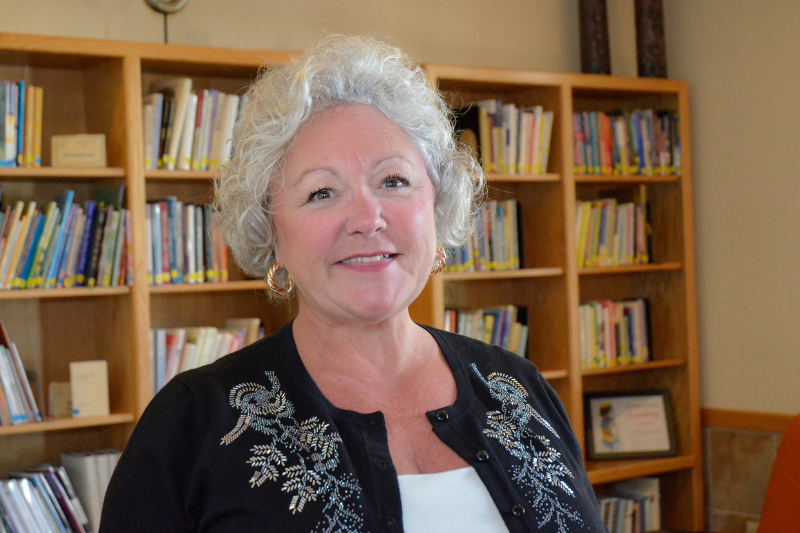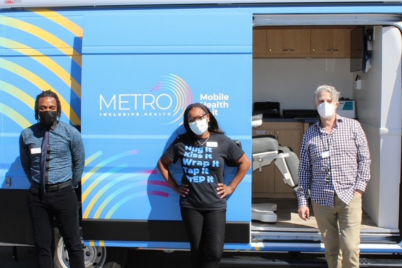Susan Talbott, Empath Partners in Care LGBTQ Community Support Specialist
By Karen Davis-Pritchett, Empath Health Vice President of Access & Inclusion
Empath Partners in Care (EPIC) is helping local LGBTQ elders improve their wellbeing.
Social isolation affects one in five elder adults, and LGBTQ elders are twice as likely not to be partnered or married and living alone. An alarming 76 percent worry about what will happen to them when they are ready for assisted living or a skilled nursing facility.
“Most providers have a very hard time reaching our LGBTQ elders in predominantly Black communities because of the stigma it still carries among our elders,” said Susan Talbott, LGBTQ community support specialist for EPIC. “This generation has faced discrimination and stigma for so many years that they are distrustful of most institutions, including healthcare. On the upside, our LGBTQ elders are overall very socially intelligent, resilient, brave, empathetic and resourceful, which makes them a joy and treasure to the rest of us.”
The younger kids across all cultures embrace their queerness, but our elders still fight the discrimination and stigma, and often our Black elders remain closeted. Others may “go back in the closet” out of fear of being shunned and lack of programming as they transition from home to a care facility. Through the LGBTQ services program, EPIC aims to fill that gap with offerings for their unique needs.
“EPIC’s LGBTQ programming is an opportunity to reach out to those elders in our community,” noted Talbott. “We want to ensure they continue to have the social support of like-minded individuals no matter where they are.”
The first program launched by EPIC is the Friendly Caller program. A few times a week, participants will receive a call from a volunteer they have been matched with. Calls can be as short as 10 minutes or as long as the person needs them to be, providing enriching conversations to both parties.
In addition to the Friendly Caller program, this fall Talbot is planning to add in-person groups and social events such as coffee breaks, theater outings, museum visits, and activities at senior community centers.
Whether on the phone or in person, these activities are opportunities to share meaningful dialogue, build friendship, and offer mutual social support.
Loneliness and isolation have been shown to increase the chance of morbidity and other chronic conditions. Ongoing socialization can be an effective means of preventative care and help elders spend more years at home.
EPIC’s LGBTQ services also offer professional education for community service providers. The educational topics include delivering open and affirming person-centered care. This education helps community service providers create a safe and inclusive environment for our LGBTQ elders.
“It’s a matter of aging well physically, mentally and emotionally,” stated Talbott. “We all enjoy a sense of community and aim to restore that to some of these folks.”
If you or a loved one may be interested in services provided by EPIC’s LGBTQ services or becoming a volunteer, visit MyEpic.org/LGBTQ-Services for more information.








